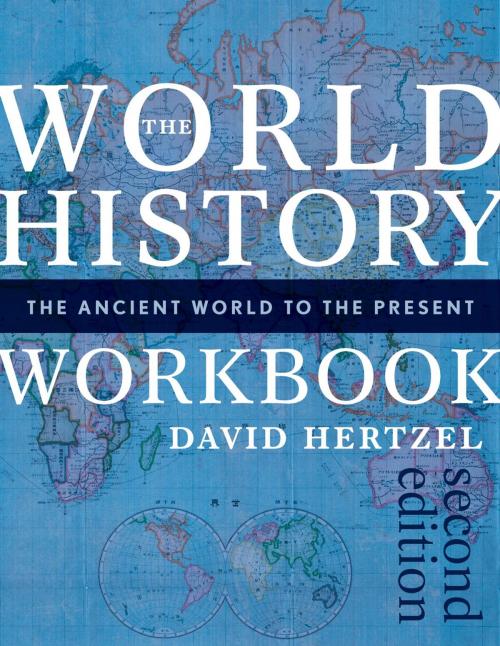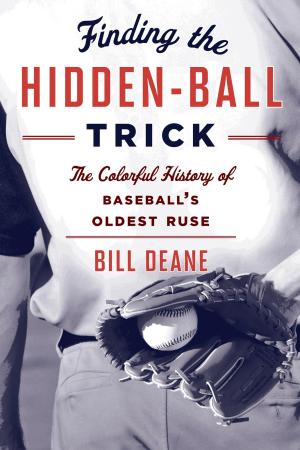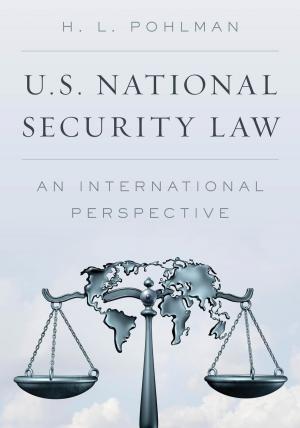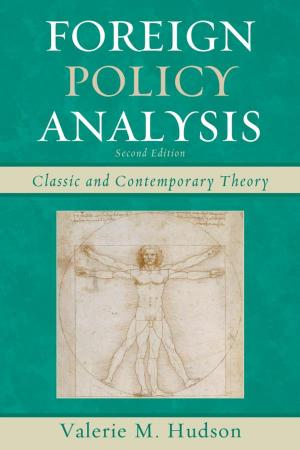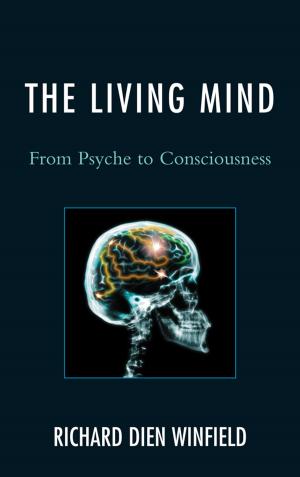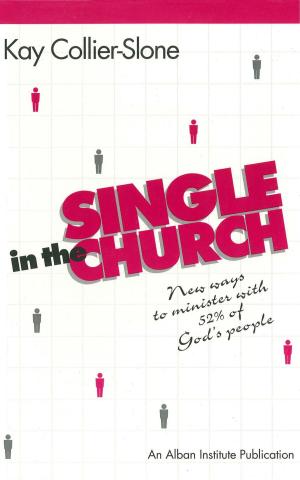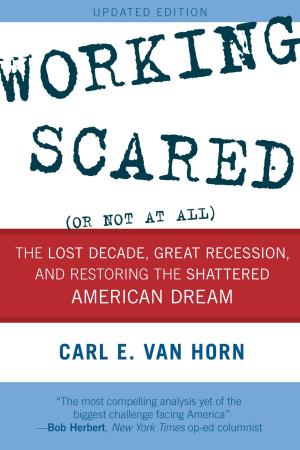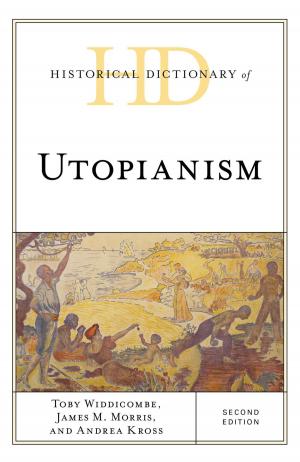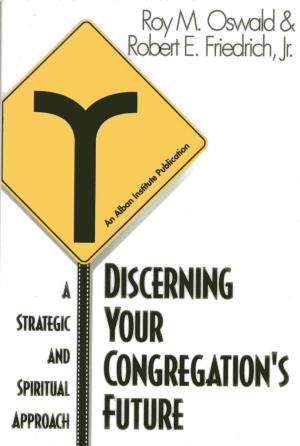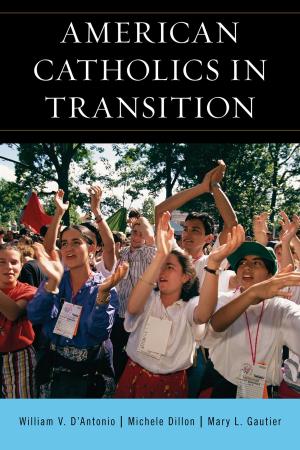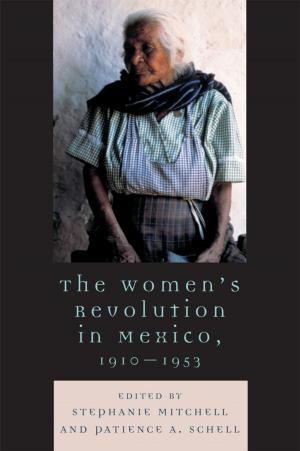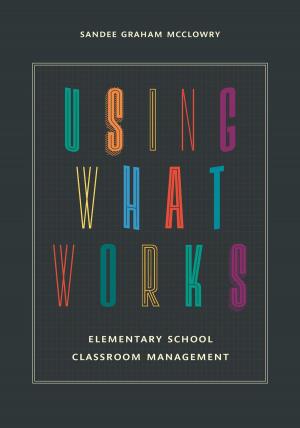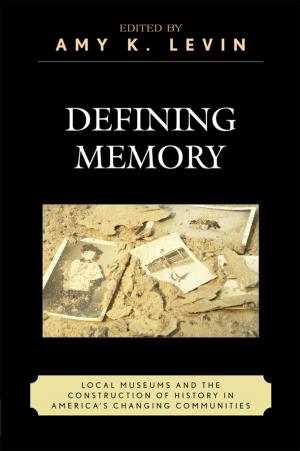| Author: | David Hertzel | ISBN: | 9781442251953 |
| Publisher: | Rowman & Littlefield Publishers | Publication: | April 14, 2016 |
| Imprint: | Rowman & Littlefield Publishers | Language: | English |
| Author: | David Hertzel |
| ISBN: | 9781442251953 |
| Publisher: | Rowman & Littlefield Publishers |
| Publication: | April 14, 2016 |
| Imprint: | Rowman & Littlefield Publishers |
| Language: | English |
This innovative and user-friendly workbook, now combined into a single volume organized chronologically, guides students and instructors through the ideas and methods of world history. Designed to be used either as a stand-alone text or as a companion to a more traditional text, this hands-on book provides all the elements necessary to support a world history course, including narrative, projects, primary sources, and a detailed glossary of terms.
David Hertzel uses the guiding argument that world history is the heritage of every student’s own family, culture, language, and values. He asks students to examine historical “universals” such as language, genealogy, myth, literature, religion, and archetypes. Rather than provide exhaustive coverage of each of these vast topics, the workbook provides judiciously selected historical examples as models that can launch discussions suitable to the needs of a particular class. The projects guide readers to recognize universals in their own lives and societies, allowing instructors and students to pursue historical themes in a constructive and open environment. The thoughtful readings and questions address moral issues involving freedom, equality, and justice, and the projects are designed to be used in a discussion or Socratic method in classes of all sizes. Despite the rigor of the comparative method and the extensive use of primary material, the workbook retains a simple but powerful theme and approach, making it accessible to students from a wide range of educational and social backgrounds.
This innovative and user-friendly workbook, now combined into a single volume organized chronologically, guides students and instructors through the ideas and methods of world history. Designed to be used either as a stand-alone text or as a companion to a more traditional text, this hands-on book provides all the elements necessary to support a world history course, including narrative, projects, primary sources, and a detailed glossary of terms.
David Hertzel uses the guiding argument that world history is the heritage of every student’s own family, culture, language, and values. He asks students to examine historical “universals” such as language, genealogy, myth, literature, religion, and archetypes. Rather than provide exhaustive coverage of each of these vast topics, the workbook provides judiciously selected historical examples as models that can launch discussions suitable to the needs of a particular class. The projects guide readers to recognize universals in their own lives and societies, allowing instructors and students to pursue historical themes in a constructive and open environment. The thoughtful readings and questions address moral issues involving freedom, equality, and justice, and the projects are designed to be used in a discussion or Socratic method in classes of all sizes. Despite the rigor of the comparative method and the extensive use of primary material, the workbook retains a simple but powerful theme and approach, making it accessible to students from a wide range of educational and social backgrounds.
